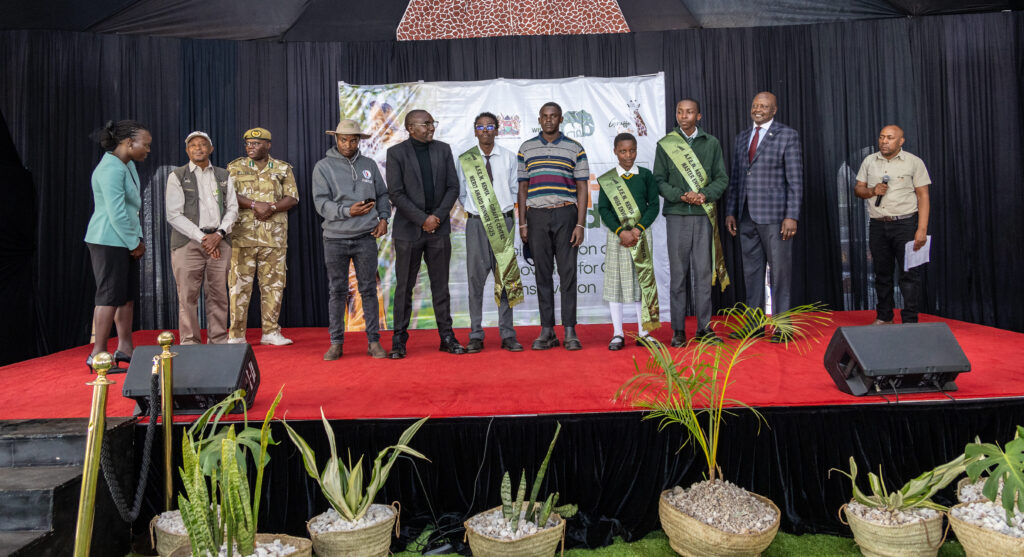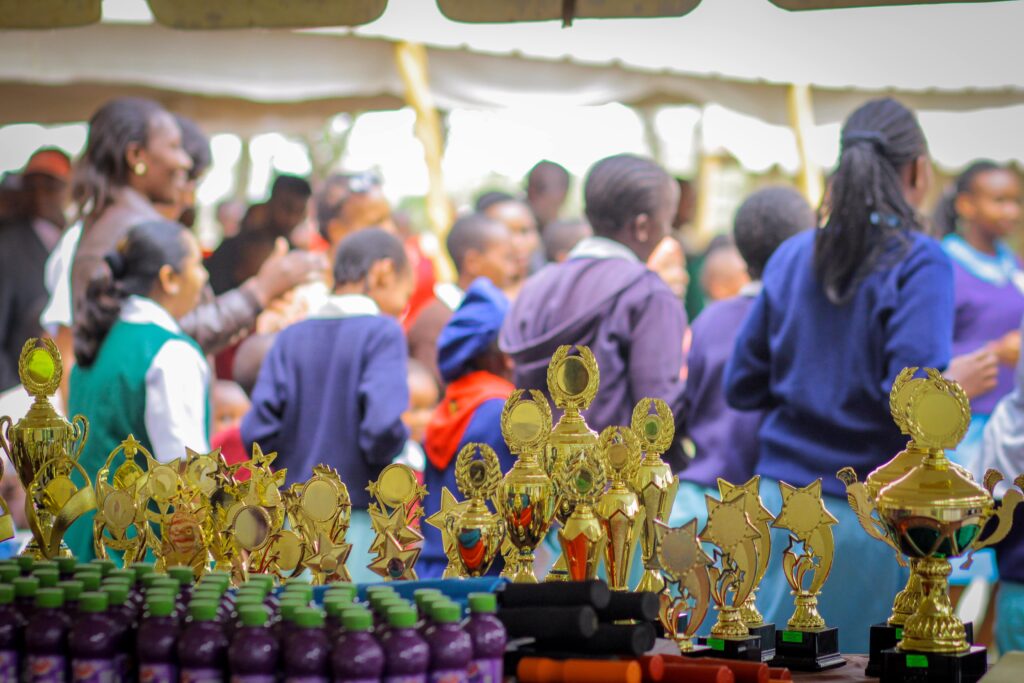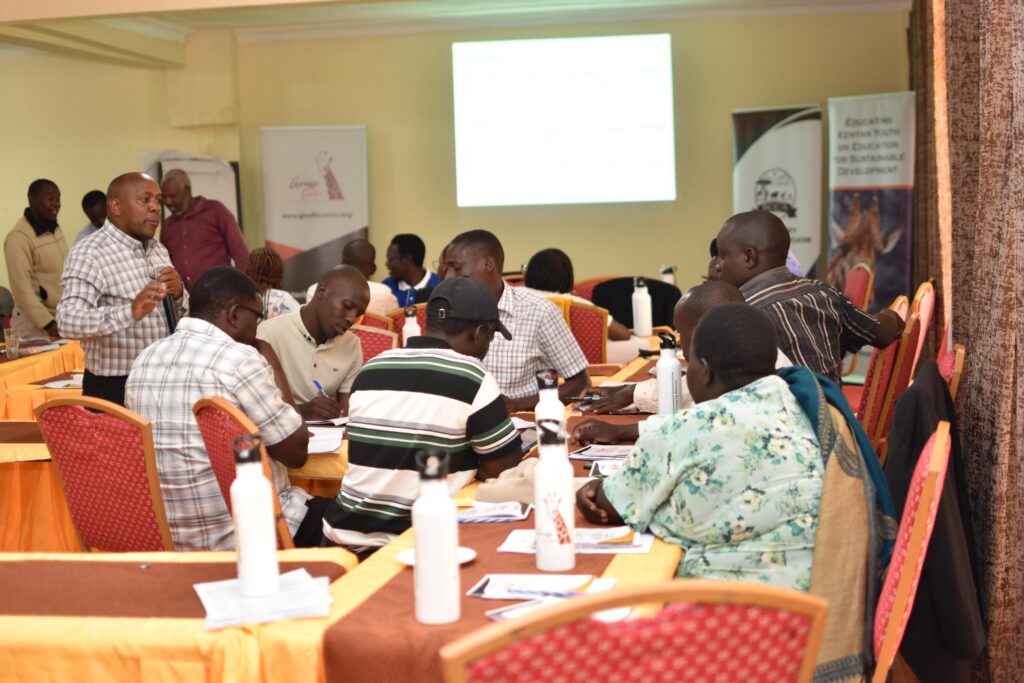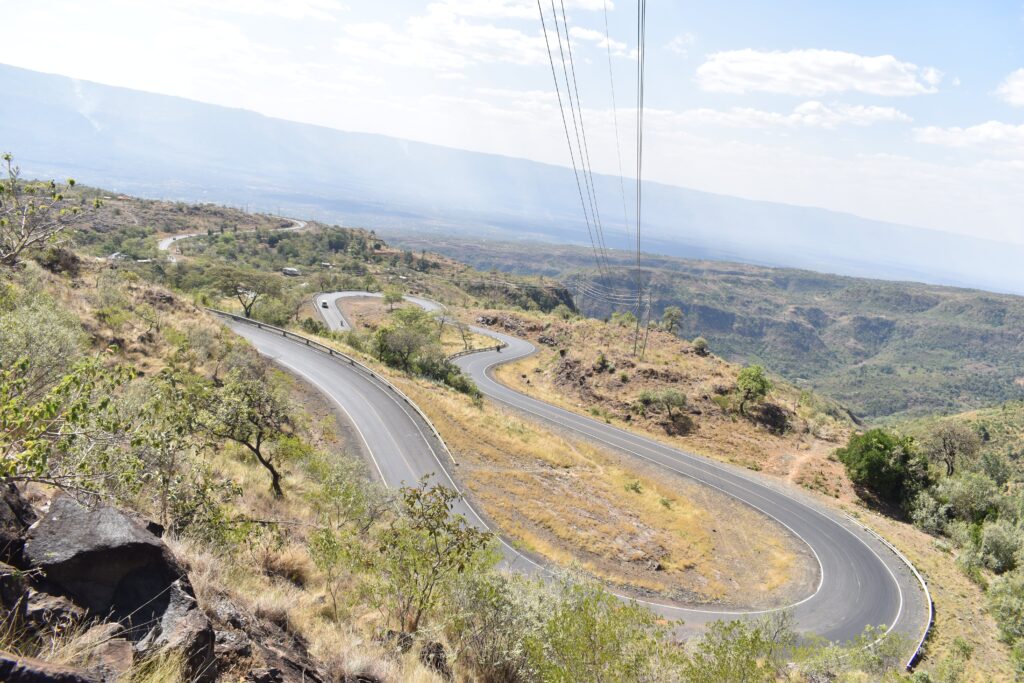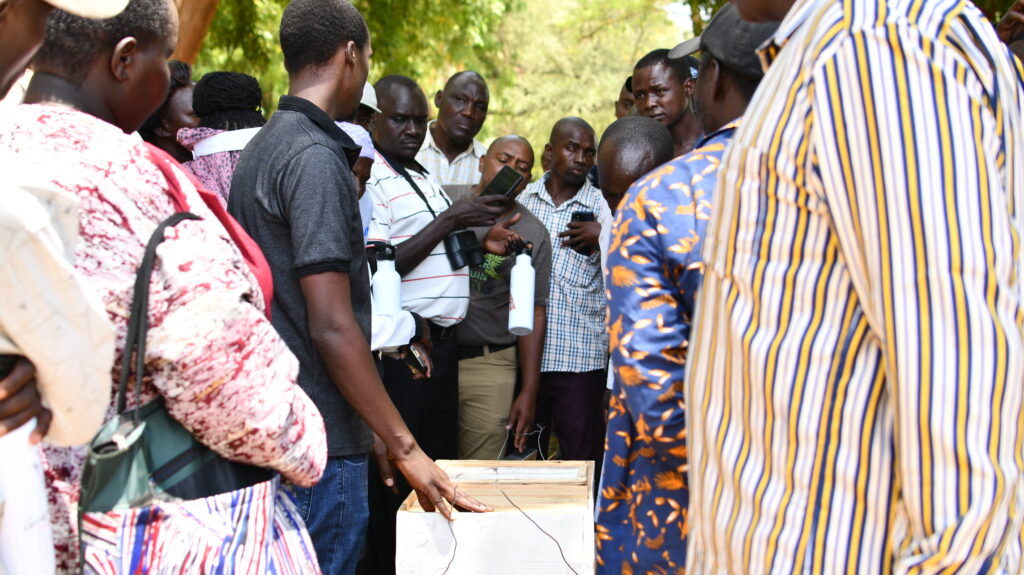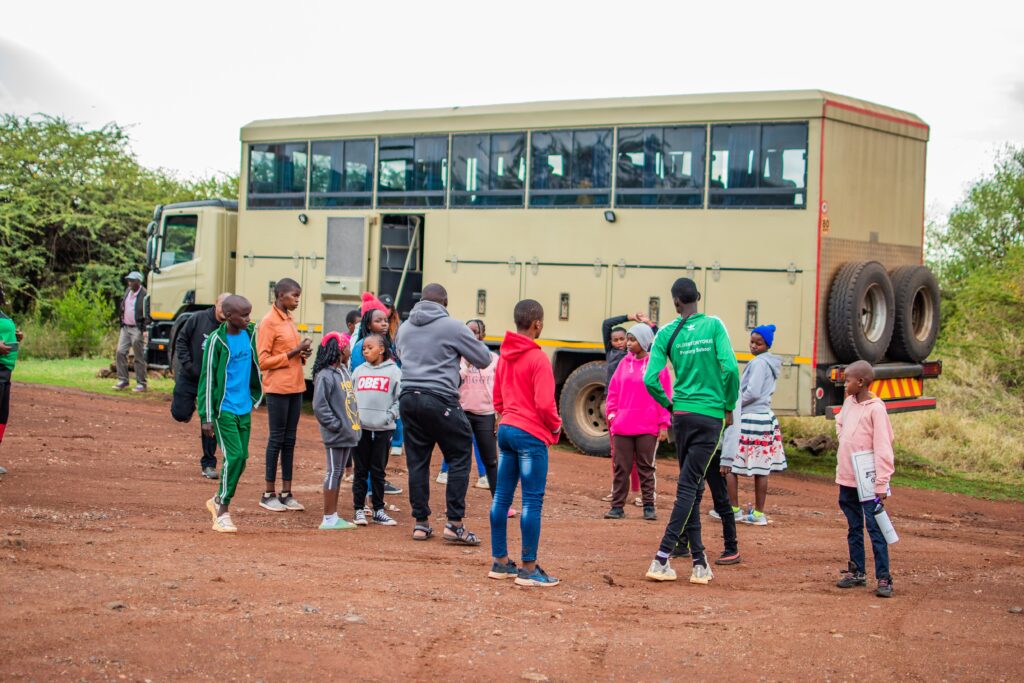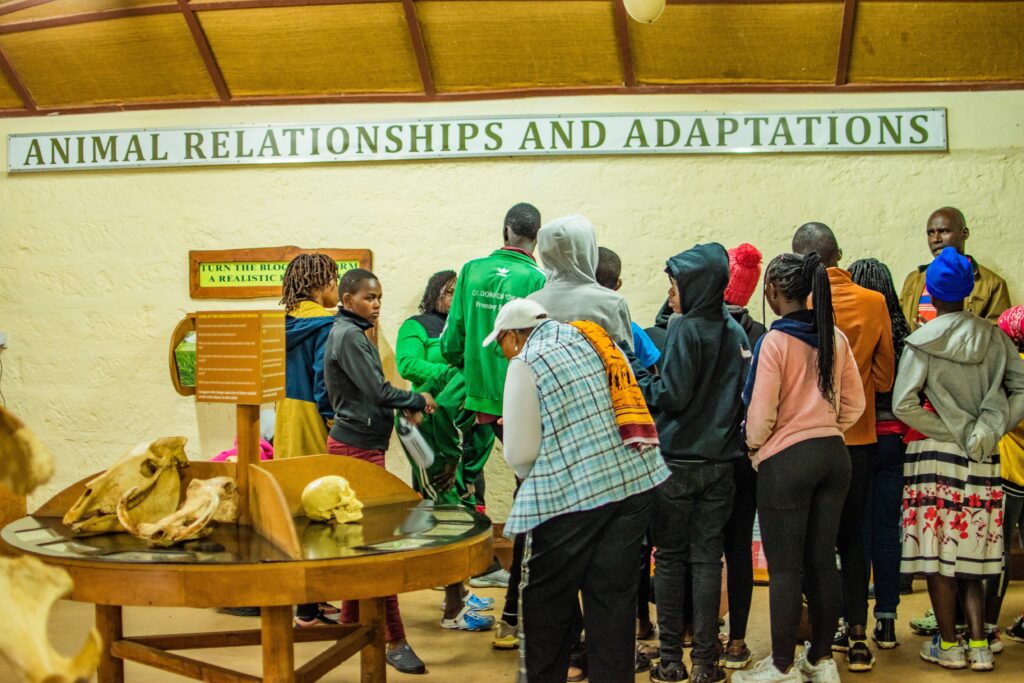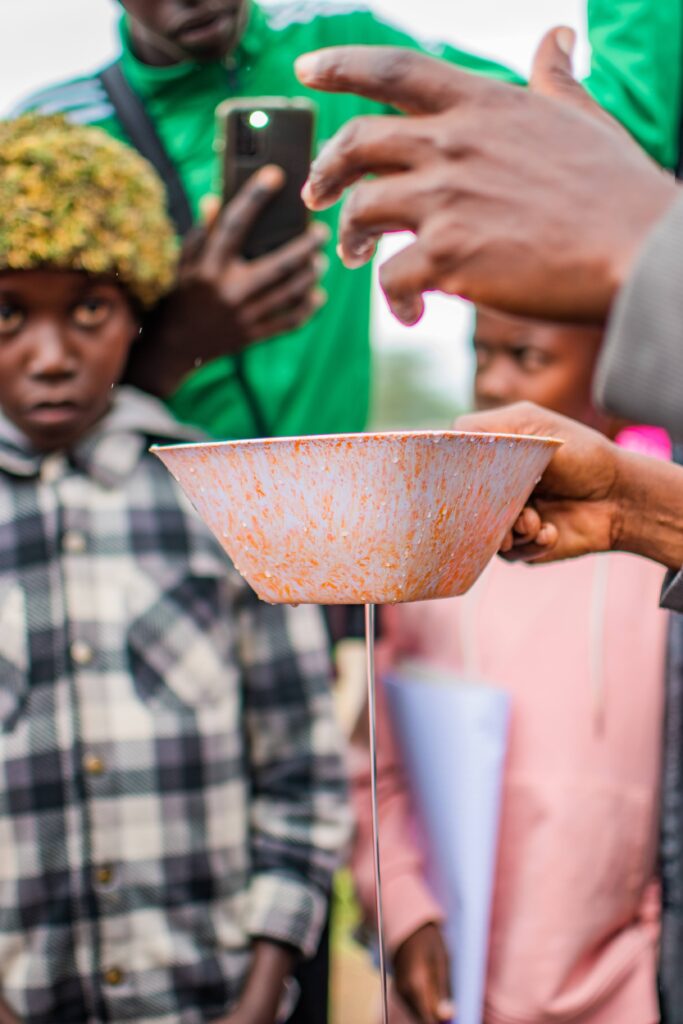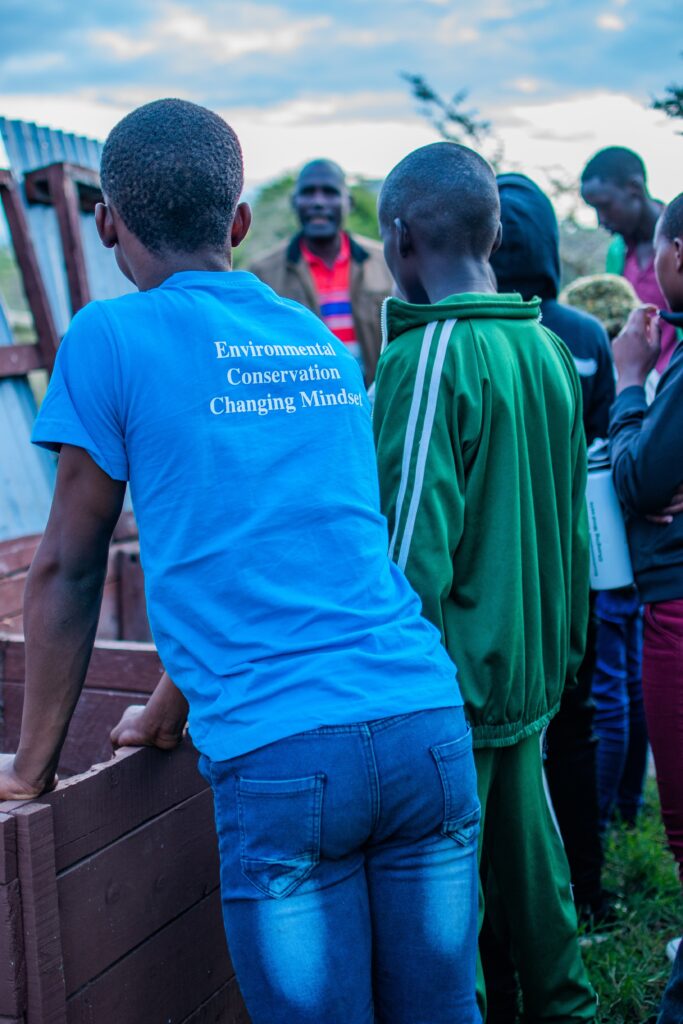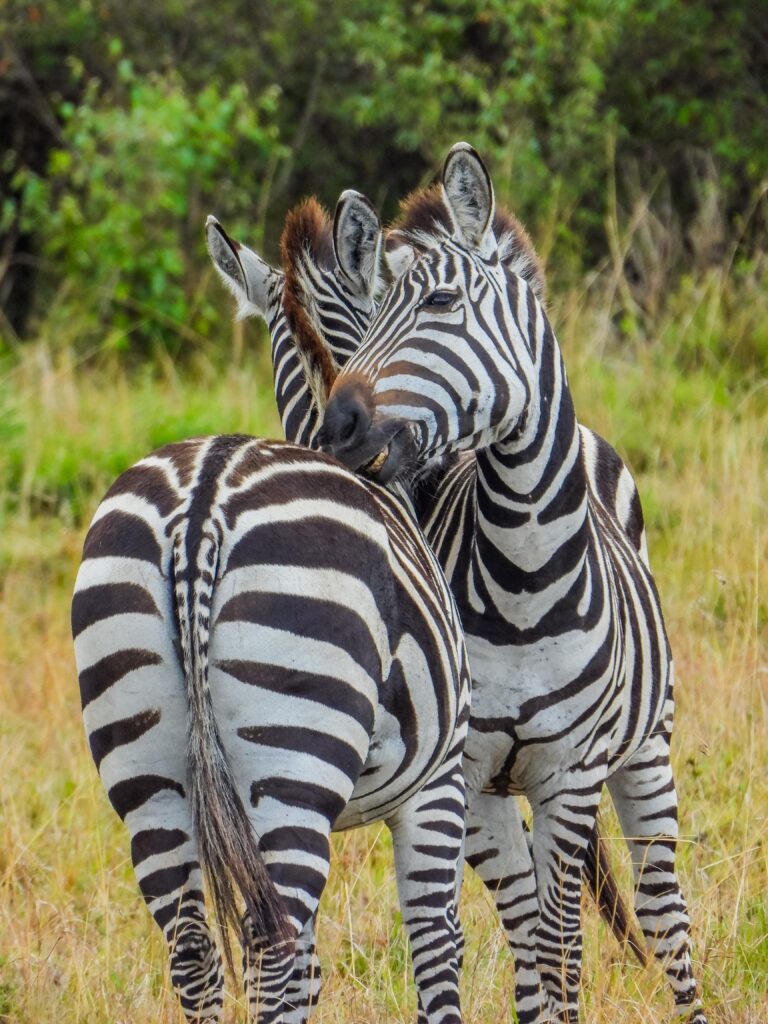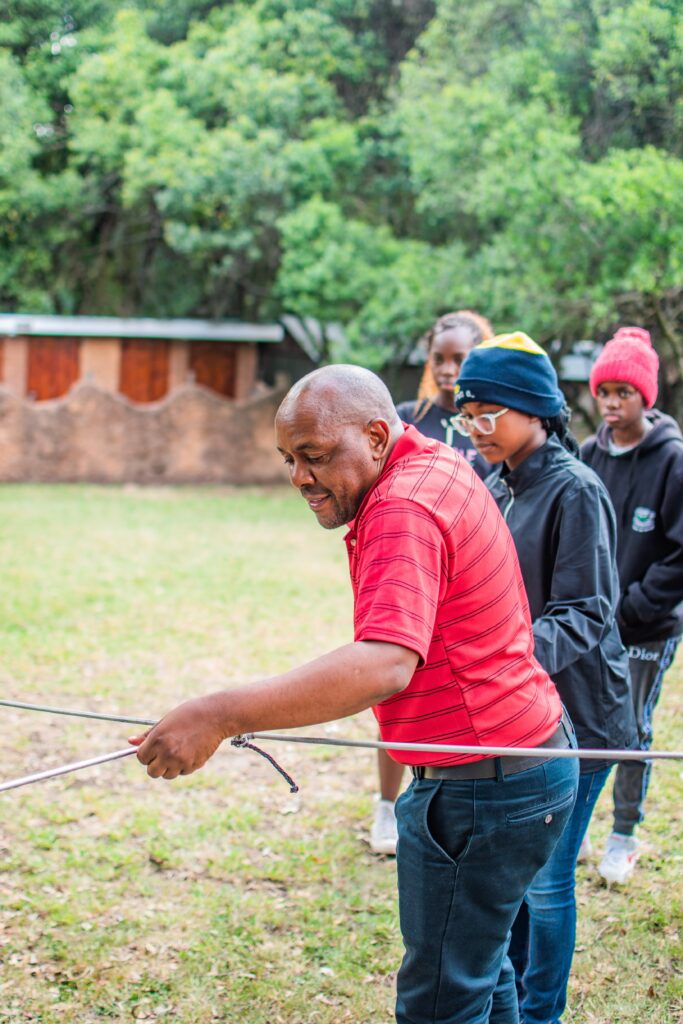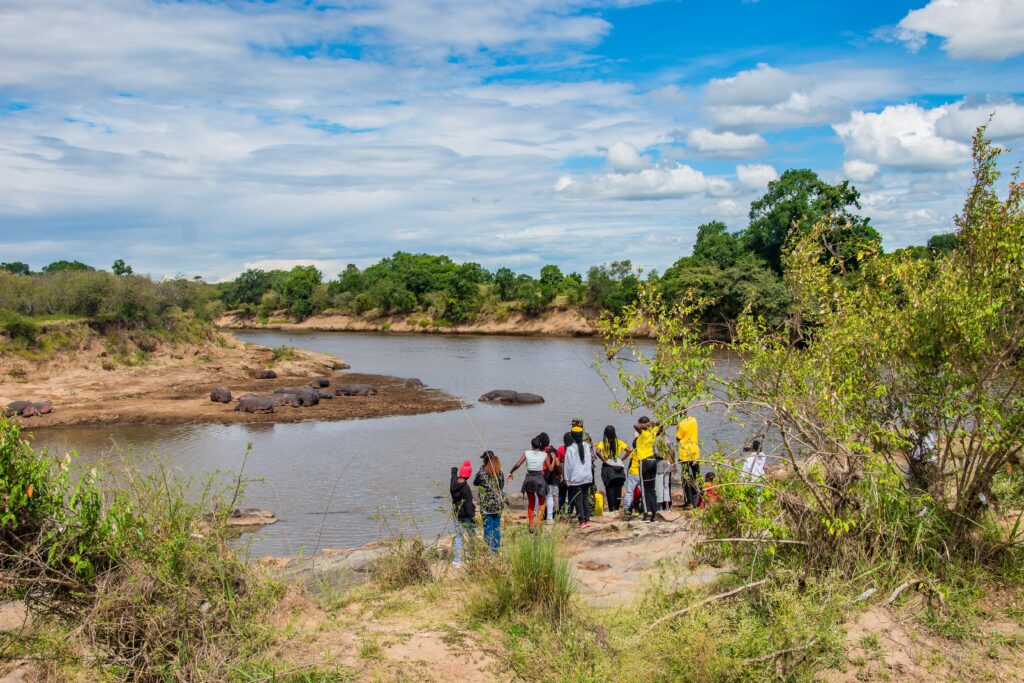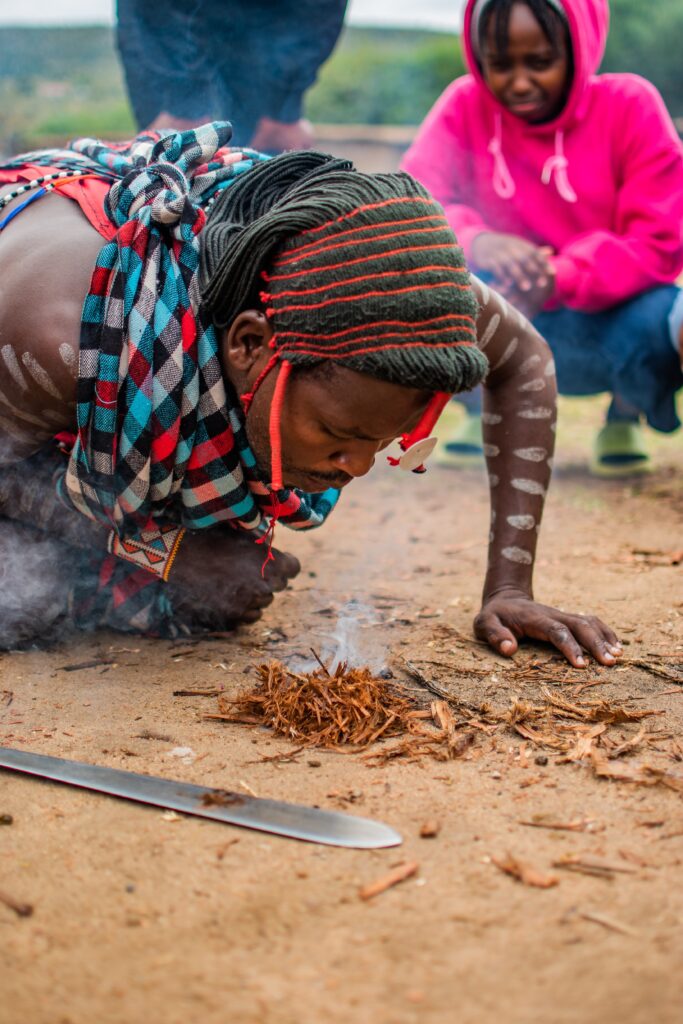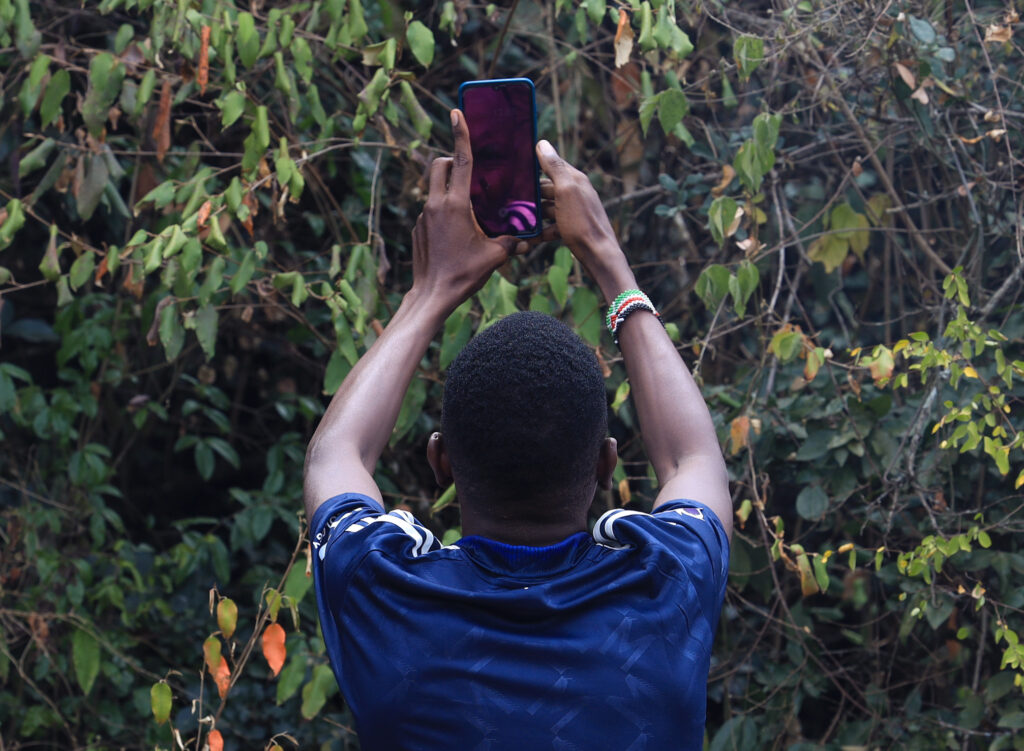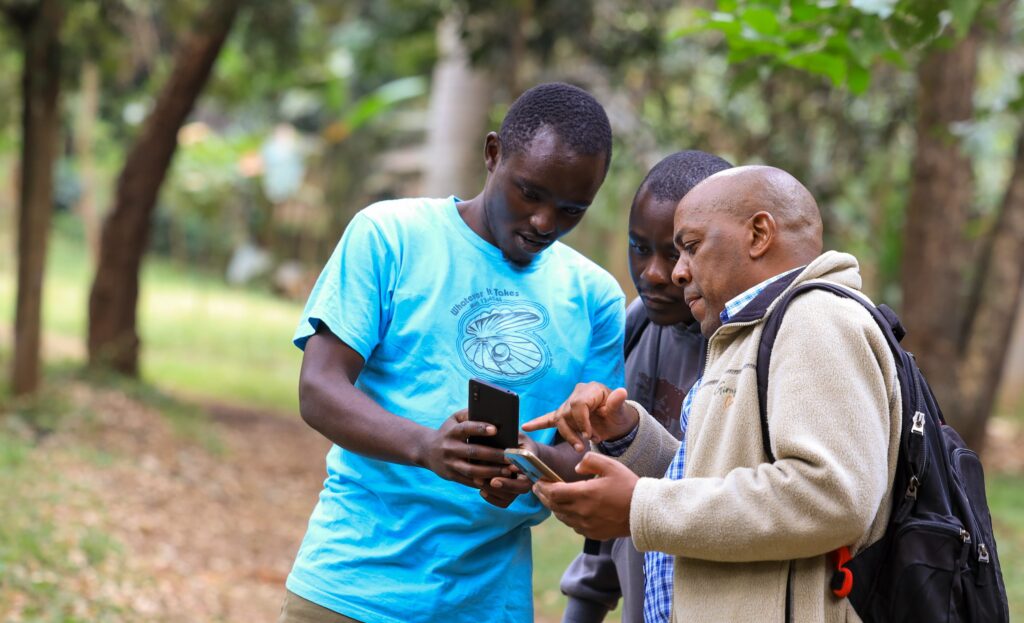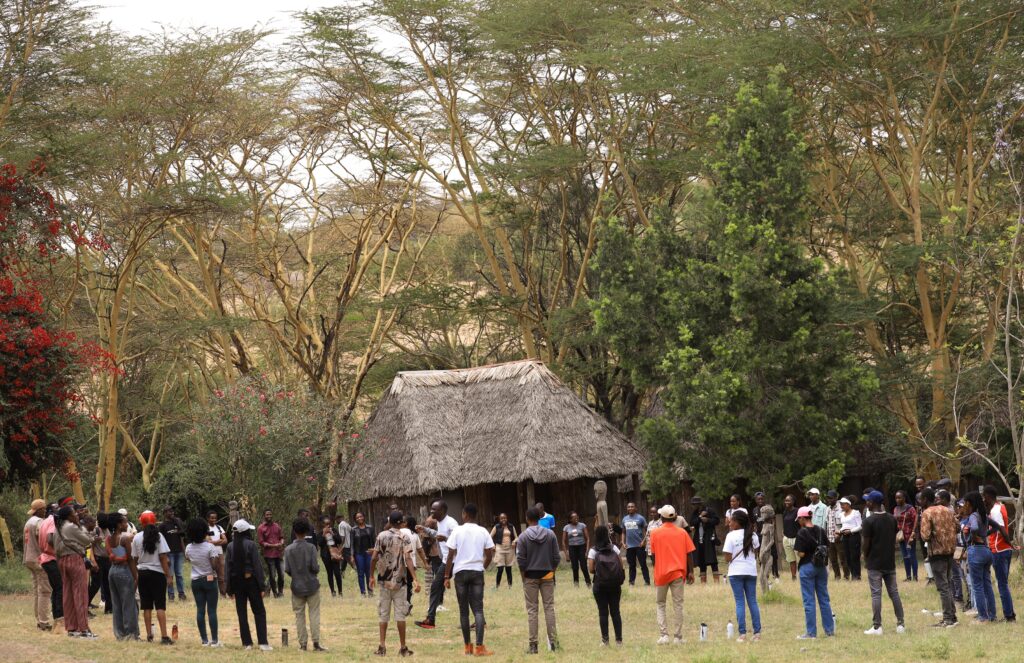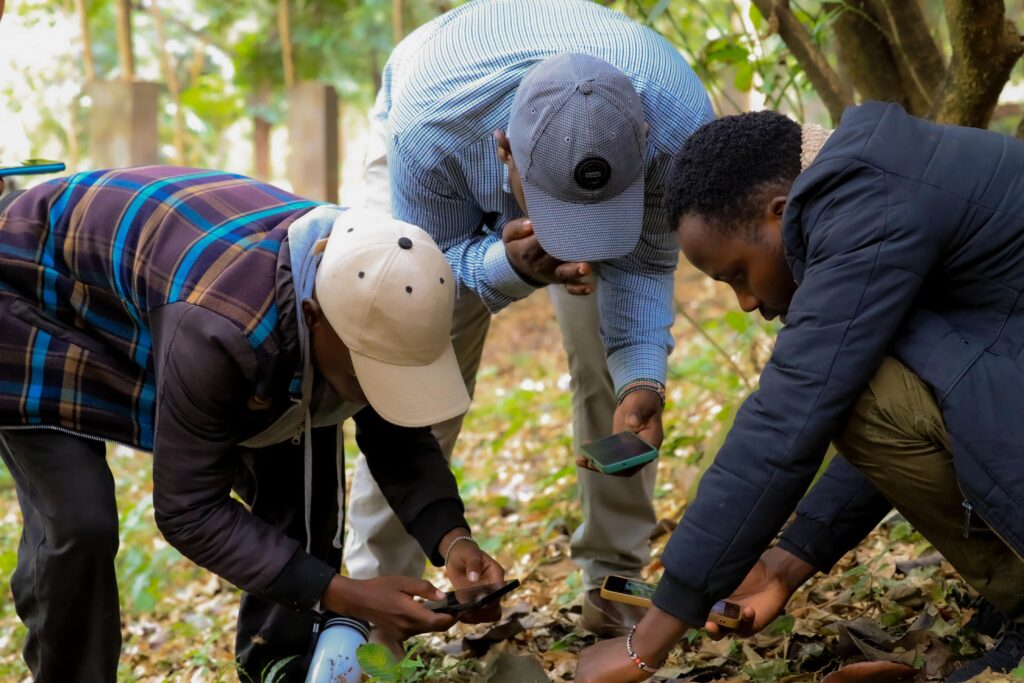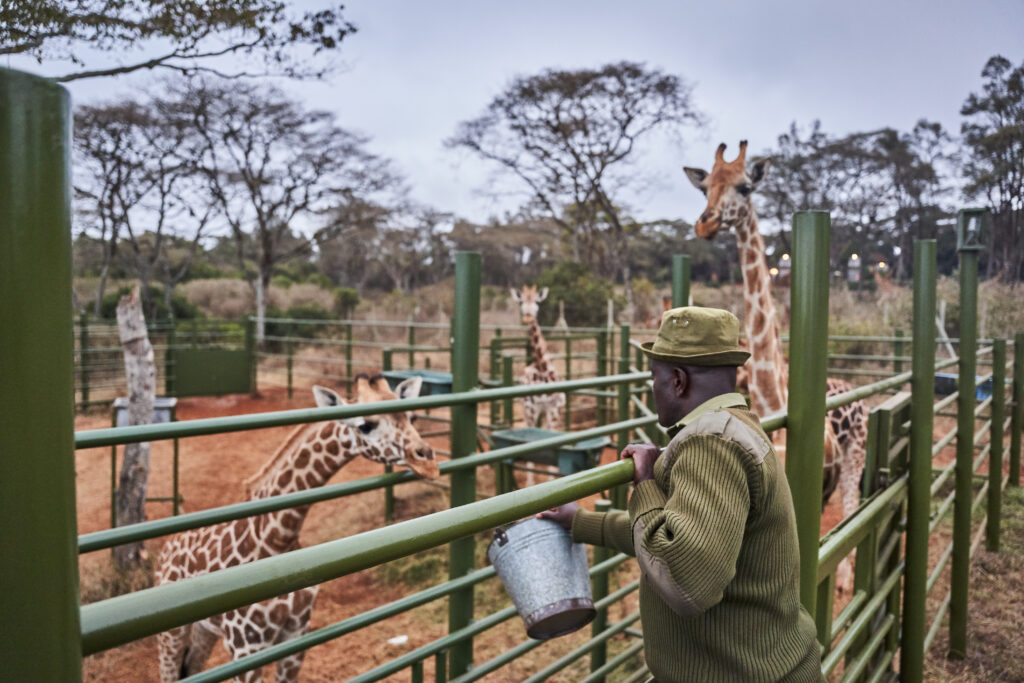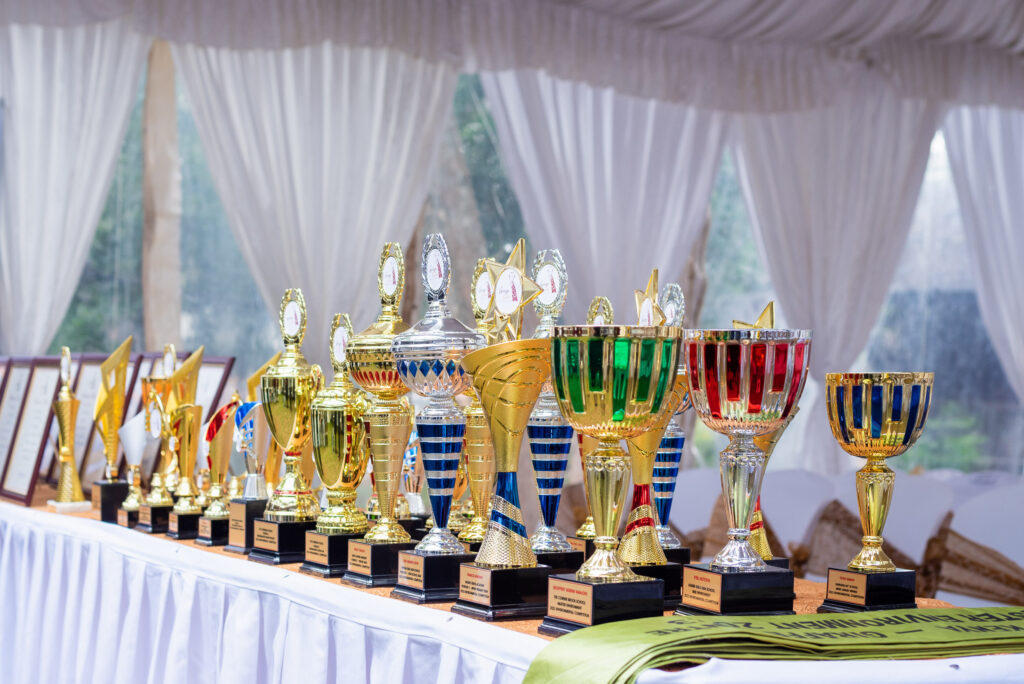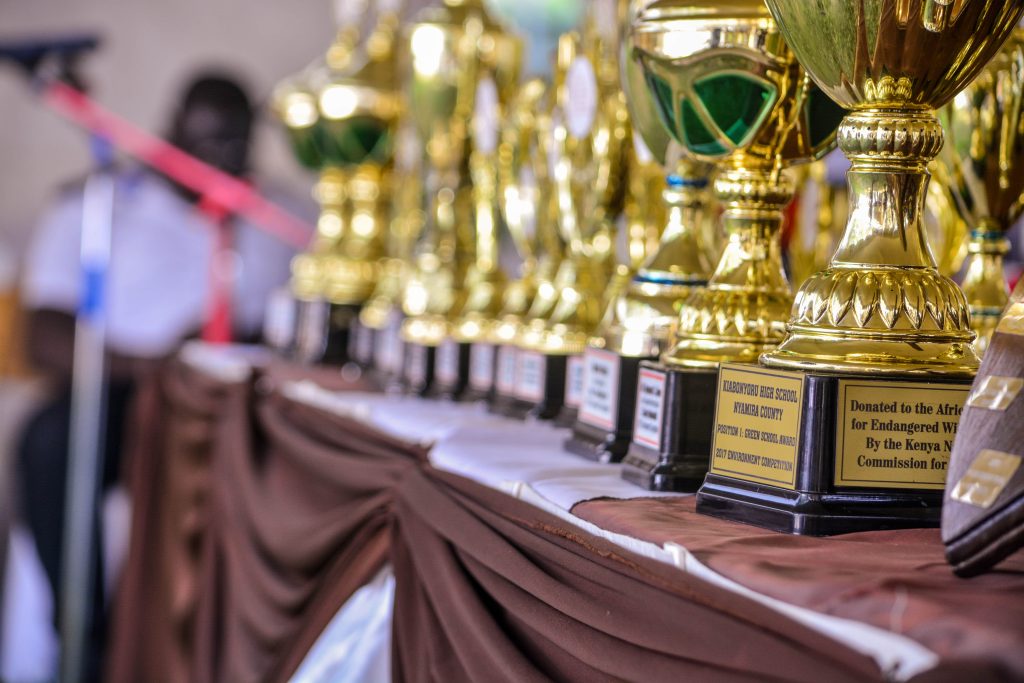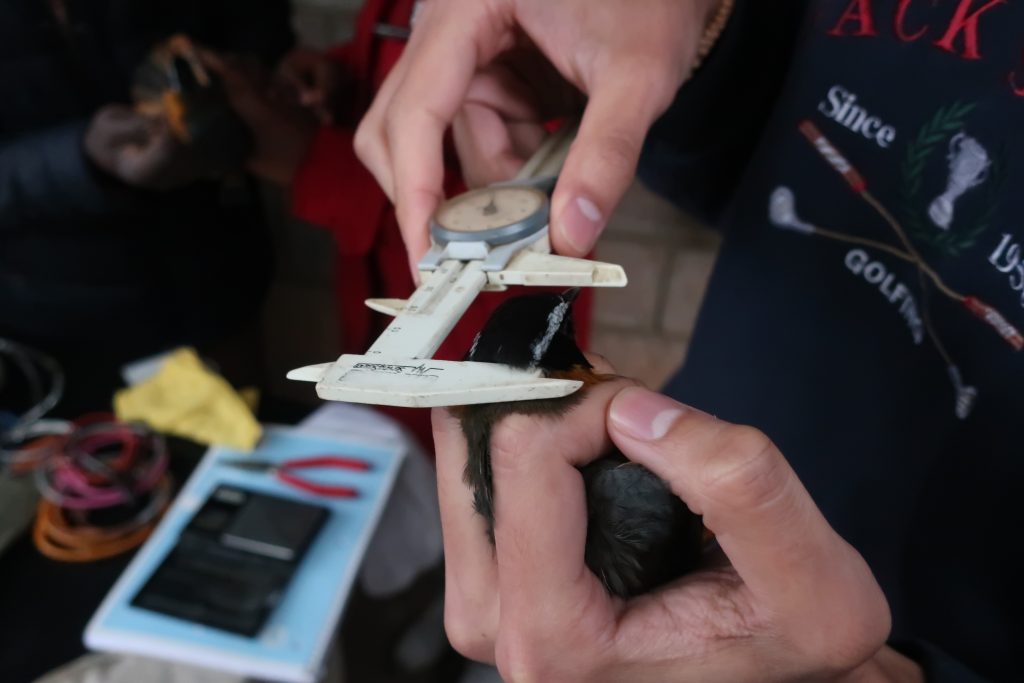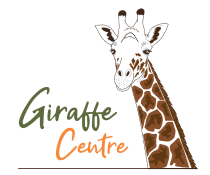Happy 2026 to everyone! We wish you a year filled with prosperity as we set ambitious goals and work diligently to achieve them. As is our cherished tradition, the start of a new year brings a wonderful opportunity for Kenyan school pupils and students to share their perspectives on environmental conservation through
This year, our theme centers on “Partnership in Conservation for a Healthy Planet and People.” We encourage teachers and parents to support their children and students in exploring and highlighting the partnerships taking place within your local communities in their submissions. This competition is not only a platform to discover and celebrate local collaborative efforts but also a chance to communicate how these partnerships contribute to sustaining your environment.
We eagerly anticipate reading your entries and witnessing your creative expressions of partnership through art.
Please note, the competition runs from January 1st to March 31st, 2026. Ensure your entries reach the Giraffe Centre by April 5th, 2026. We are excited to engage with your essays and artworks and marvel at the innovative ideas you bring to life.
Wishing you all the best and Godspeed!
